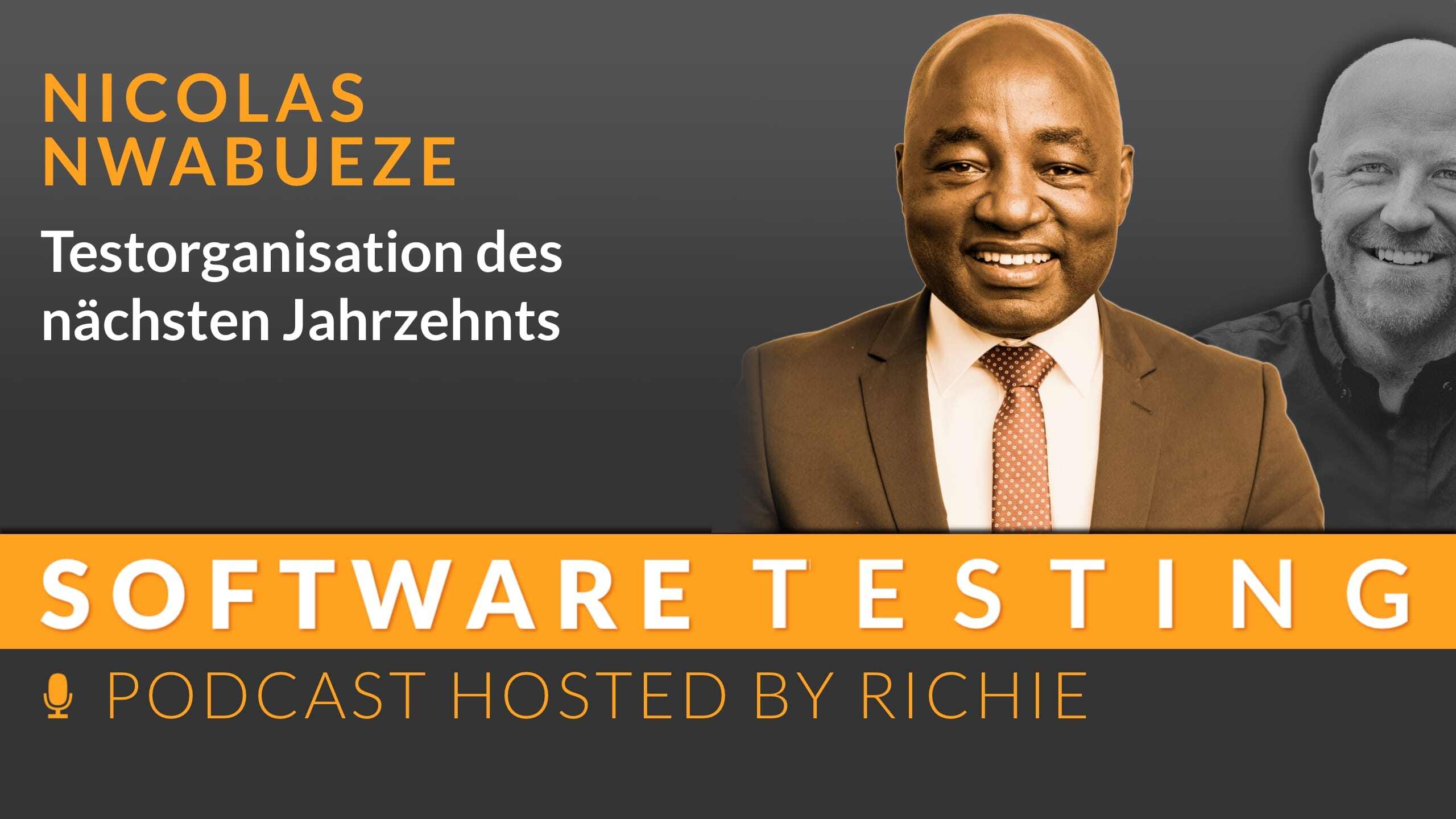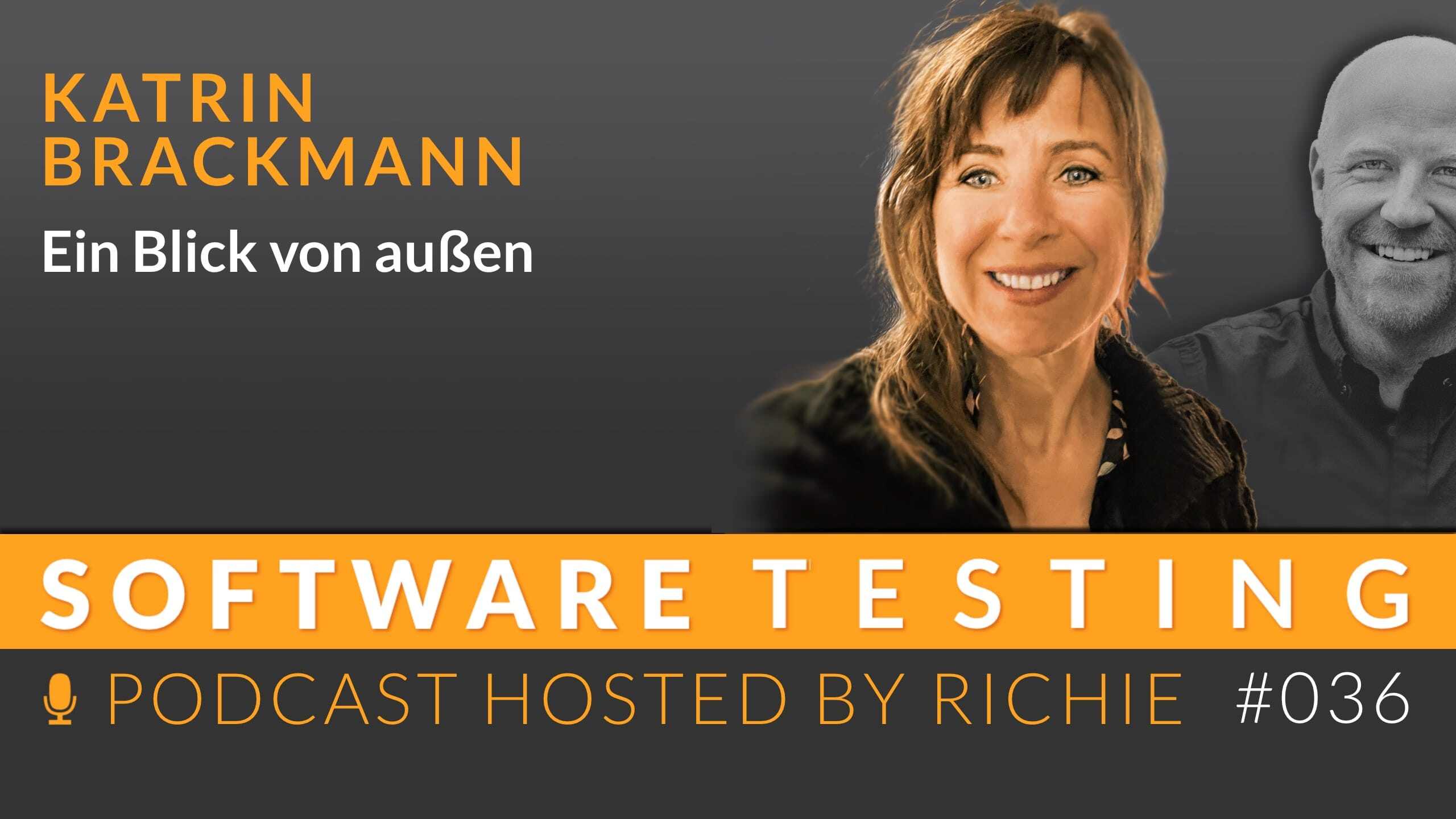Test Organization of the Next Decade
What will the test organization of the future look like? What role will humans still have when systems like ChatGPT not only create test concepts and...

Many different factors have caused dramatic changes in recent years: Covid was a deeply disruptive experience worldwide, war here in Europe, a single giant barge stuck in the Suez Canal is throwing supply chains around the world into disarray. And the chain of events doesn’t stop there. AI is hitting like a bomb and many people fear for their jobs: what is my raison d’être if AI is so much faster? But Alex is of the same opinion as me: we won’t become redundant, but we have to learn to deal with these changes. What impact will this have on the software industry? What will remain, what will change - and how? Alex takes a look into the crystal ball and the coffee brew for us 😉
“I’m totally in favor of minimalism now. Less development, therefore less testing. Gain experience first - I think that will be a super important point (in the future).” - Alex Schladebeck
Alex Schladebeck is a passionate tester, Managing Director and Head of Quality Assurance at Bredex GmbH, where she drives better product quality, processes and communication. She has empowered teams to improve quality in previous roles and is now committed to creating a supportive environment for employees. Alex shares her knowledge and experience through workshops, coaching and as a conference speaker.
Highlights of this episode:
Today I’m talking to Alex Schladebeck about the future of software testing. We discuss the importance of the human component, possible developments and the role of automation and AI.
At the center of our discussion was the indispensable role of the human factor in software testing. Despite all the technological advances, Alex emphasized that it is ultimately human intuition, experience and understanding that determine the quality and effectiveness of the testing process. A reminder that technology should support us, not replace us.
We talked about current trends such as automation and the use of artificial intelligence. Alex shared her concerns about rushed implementations without sufficient understanding of their impact. The balance between technological advancements and best practices is crucial for success in testing.
What can testers do to prepare for an uncertain future? Alex recommends exchanging ideas with developers and continuous learning as the key to adaptability. A growth mindset and resilience are becoming increasingly important in a world full of rapid change.

What will the test organization of the future look like? What role will humans still have when systems like ChatGPT not only create test concepts and...

In this podcast episode, agile testing expert Christian Mercier focuses on quality assurance in agile projects. Key aspects of ensuring software...

Katrin is an artist, coach and communication designer, and has also been my partner for several years. While my listeners and I are right in the...